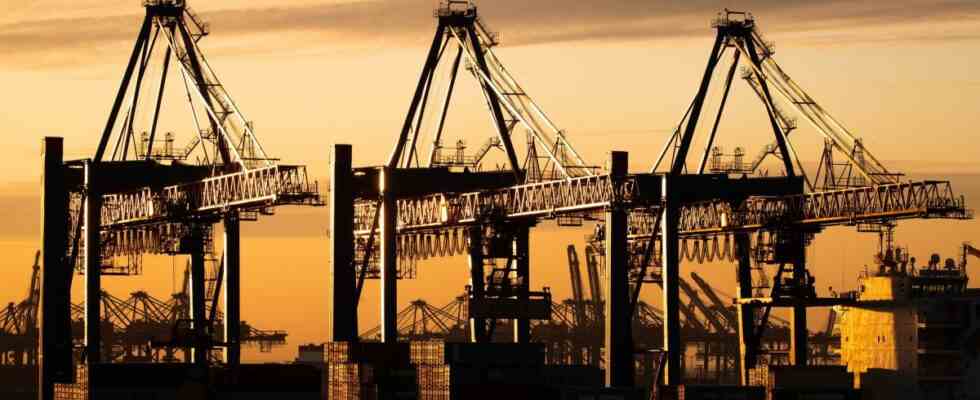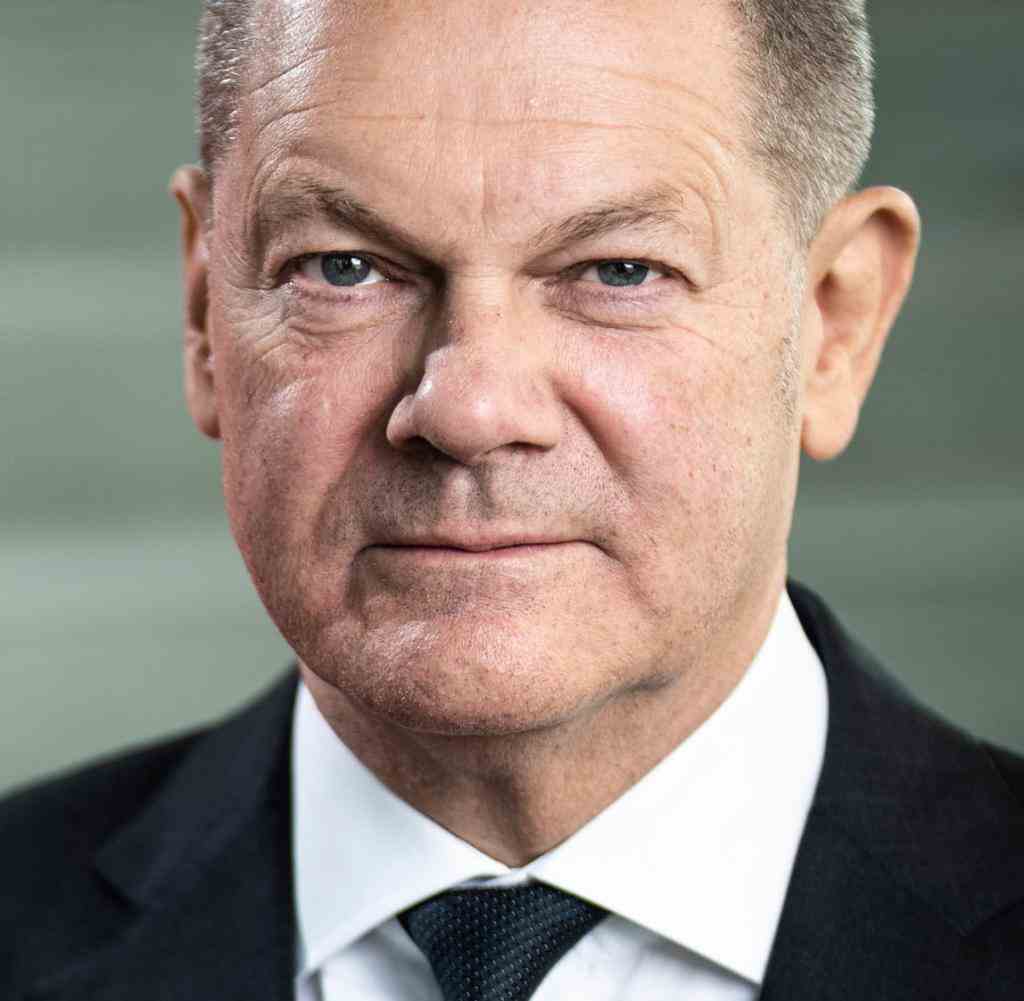Federal government wants to approve entry into China in the port of Hamburg
Hamburg port dispute – “There is rightly criticism here”
With a view to the planned participation of the Chinese state-owned company Cosco in the port of Hamburg, Deputy SPD parliamentary group leader Dirk Wiese warns against drawing hasty conclusions. Demands came from the Union to Chancellor Olaf Scholz to ban the sale.
In the struggle over the Chinese state-owned company Cosco’s controversial stake in a container terminal in the port of Hamburg, there has apparently been a compromise. The Chinese shipping company should therefore only be able to participate in the Tollerort terminal with a smaller share.
DAccording to media reports, the Chinese Cosco group should now be allowed to participate in a container terminal in Hamburg – but only with a smaller share. According to information from theSüddeutsche Zeitung‘ and the ‘HandelsblattOn Monday evening, the six ministries that had previously rejected the deal agreed on a compromise. Accordingly, the federal government will decide on a so-called partial refusal. This means that the Chinese state shipping company Cosco cannot take over 35 percent of the Tollerort terminal as planned, but only 24.9 percent.
As a minority shareholder, the group would then not be able to exert any formal influence on the management, writes the “Süddeutsche Zeitung”. According to dpa information from the evening, this compromise is emerging, the departmental coordination is still ongoing. In government circles there was talk of an “emergency solution”.
According to the “Süddeutsche Zeitung”, it was unclear whether the decision would be made in the cabinet this Wednesday or by circulation. Chancellor Olaf Scholz (SPD) is considered a supporter of the deal, including Vice Chancellor Robert Habeck and Foreign Minister Annalena Baerbock (both Greens) had positioned themselves against it.
In September 2021, the Hamburg port logistician HHLA and the Chinese terminal operator Cosco Shipping Ports Limited agreed on a 35 percent stake for the Chinese in the HHLA terminal in Tollerort (CTT) in the Hanseatic city. The Cosco Group also operates the world’s fourth-largest shipping company, whose container ships have been handled by HHLA at the CTT for 40 years. In return for the stake, Cosco wants to make the CTT a preferred transhipment point in Europe.
Broad criticism from the traffic light and the Union of the China deal
The city of Hamburg and Schleswig-Holstein’s Prime Minister Daniel Günther are in favor of the shipping company getting involved because they see this as positive for the economic development of the port. However, there had recently been sharp criticism and warnings from the traffic light groups and the Union against the entry of the Chinese state-owned company and possible political influence by Beijing. Most recently, Greens co-boss Omid Nouripour had pleaded for a rejection.
“The Chancellor must stop China’s access to parts of the port of Hamburg as soon as possible,” CSU regional group leader Alexander Dobrindt told WELT at the weekend. “The sale of gas storage facilities to Russia should serve as a cautionary tale. One-sided dependencies on a single region in the world create one’s own vulnerability to blackmail and a feeling of superiority on the other side.”


